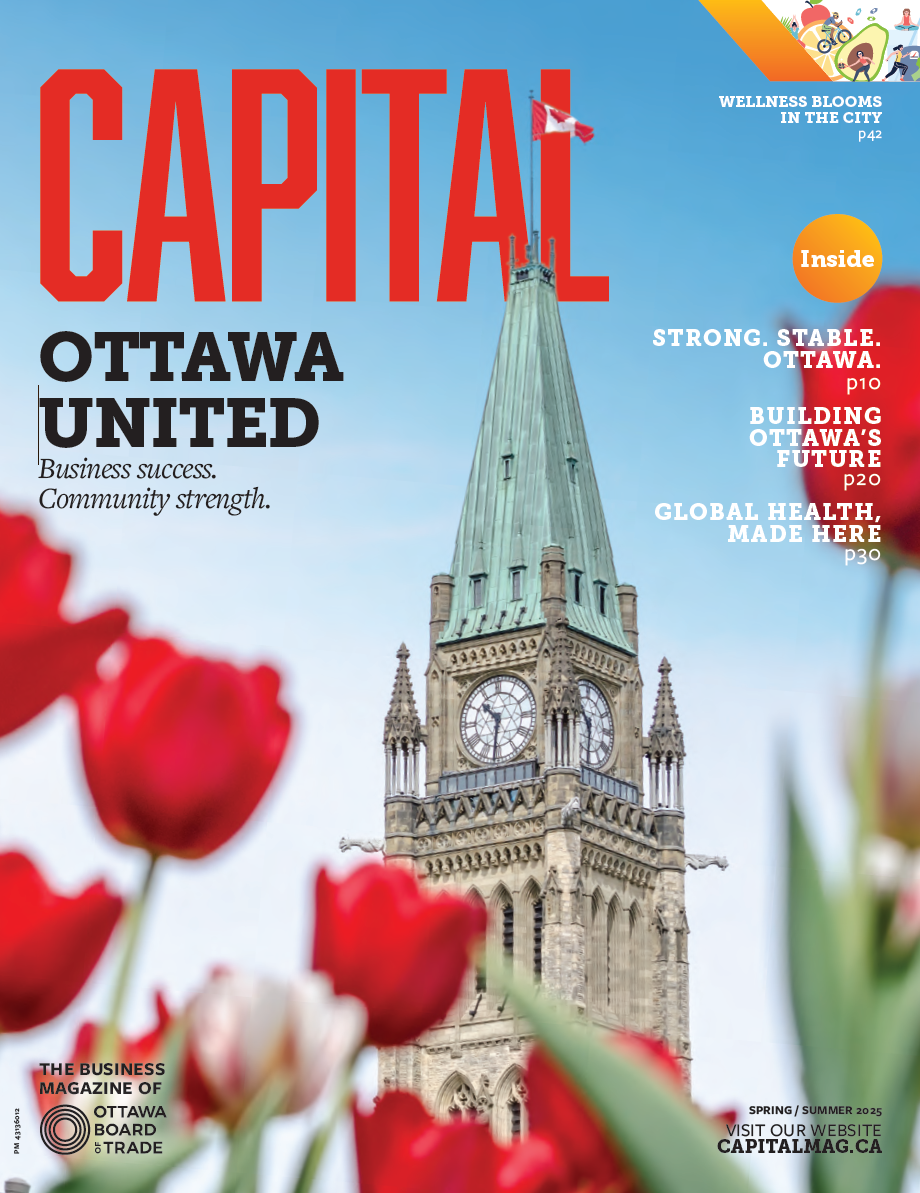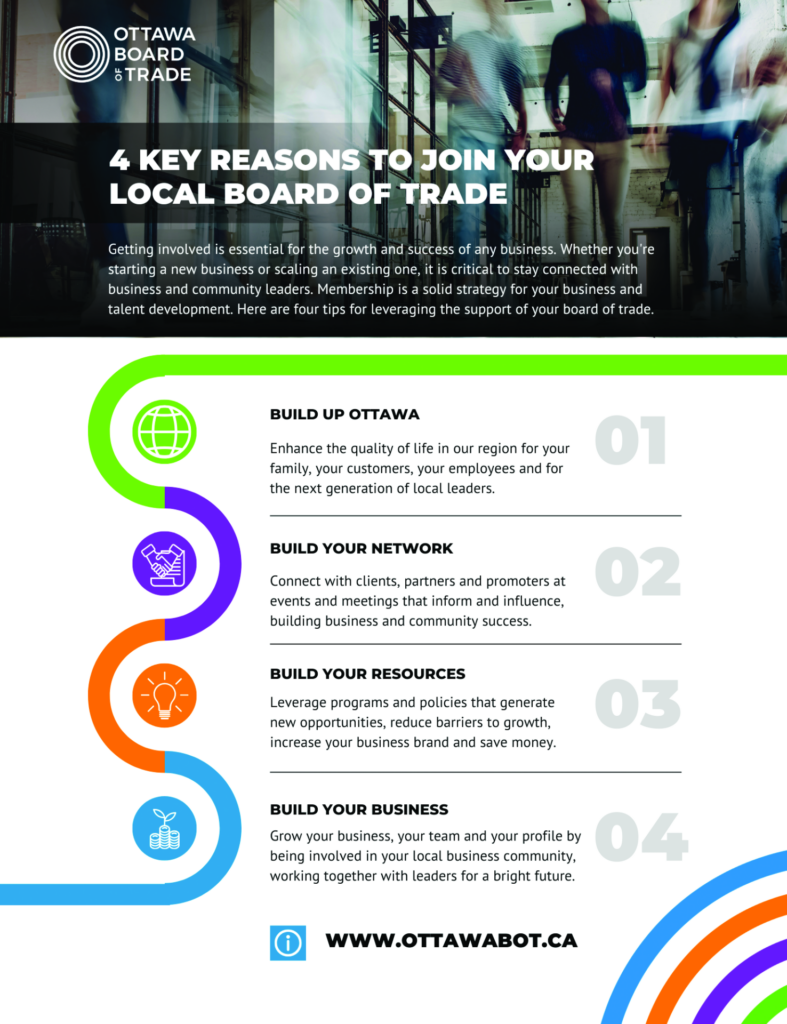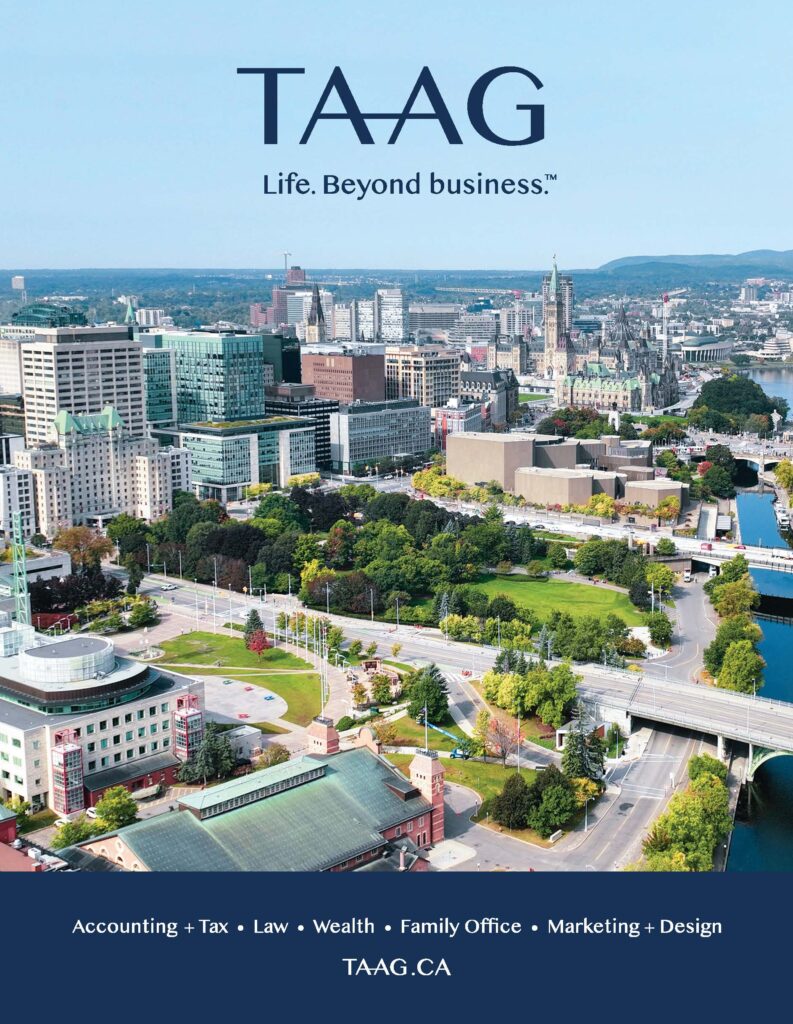Feature – For Millennials Life is an Ongoing Education

By Alje Kamminga
YOU’RE IN YOUR teens, about to graduate from high school, thinking more and more – every day now, it seems – about your future. You’re not alone. Every year, thousands of Canadian high school students, just like you, prepare to make one of the most important decisions of their lives – what do I do after I graduate?
Go to university and a lot of doors open. Opt for a community college or vocational school and you also have a number of promising options to secure a lucrative and rewarding career. Forego all further education and enter the workforce now? Well, good luck with that.
Experts say you’ll struggle to survive in a world that, more than ever, values advanced education and technological skills and know-how. If the university option seems promising, be warned that course selection will likely determine how well you do in the job market.
Workopolis, generally considered Canada’s leading career website, says those who choose science, technology, engineering or mathematics are virtually assured of finding steady employment over the next decade. Of course, for the vast majority of millennials, education, at least in the traditional sense, is now in their rearview mirrors. But while they are the most educated generation in history, many millennials – slightly more than half, according to a recent survey – say they would pursue a different education path if given the opportunity.
Many said they might forego a degree to do something else. But a bit of second-guessing doesn’t mean their interest in the education system has waned. For one thing, millennials now represent a large and growing percentage of the teaching workforce.
And, perhaps more importantly, millennials are starting to have children of their own who have already begun or will soon begin their own formal education.
Not surprisingly then, millennials have some strong feelings about the role education has played in their lives and should play in the lives of their children. When asked, they have expressed the belief that access to quality education is the most important factor to getting ahead in life. Most emphasized the need for creativity and flexibility in selecting the right school and the right education path. An equal number support more online learning options. Tuition-free, of course. And almost all want an approach that addresses the unique needs of the next generation – their children.
So are Canadian learning institutions ready for Generation Z, the most common description for the post-millennial generation? Not entirely says a 2015 study conducted by Universities Canada. It found that less than half of Canadian universities were prepared to meet the needs of increasingly tech-savvy students. Fortunately, that study was conducted in 2015, leaving universities a bit of wiggle room before the bulk of Generation Z students (those born in the mid- 1990s to the early 2000s) knock on their doors.
When it comes to being prepared for what’s coming, Ottawa’s Algonquin College gives itself a passing grade. Claude Brulé, the Senior Vice-President Academic at Algonquin College, says the programs it offers are relevant. “Algonquin pays great attention to technological changes in the workforce. We’ve established a program advisory committee made up of industry experts and hiring managers for each program of study to ensure that we are aware of technology trends in the many sectors represented by our programming.”
Faculty members are as up-to-date as the courses they teach, says Brulé. “They have opportunities to remain current through applied research activities as well as professional development.” Finally, he says, “Algonquin is a digital College and our students work with educational technologies from the moment they step through our doors using their own information technology devices to access services, access their course material and e-texts and participate in classes that are a mix of face-to-face and online delivery.”
Like many schools, Algonquin College also stays in touch with key employers – and former students – to ensure what they’re offering is up-to-date and relevant. “This is critical for the success of our learners,” says Brulé.
“We have partnerships with some of the most technologically advanced companies and organizations, such as Siemens Canada and Shopify. That allows us to shape our courses accordingly.”
He says the college also follows up with all of its alumni to make sure they are on the path to lifelong success. “I’m happy to say that the most recent Key Performance Indicator (KPI) survey data, from 2016, showed that Algonquin College was number one for graduate satisfaction among large Ontario colleges.”
Naturally, business leaders have some thoughts on what today’s students should be thinking about. In a recent Maclean’s article, business leaders – as well as students and academics – were asked what advice they would offer those about to begin their first year of university. Their suggestions might just as easily apply to those entering Algonquin College or a vocational school. A few examples:
Students should be willing to change direction. If students aren’t sure about the path they’ve chosen, they should be prepared to change it. Chances are, they’ll benefit from the experience.
There’s no such thing as a dumb question. Simply put, there are no right or wrong questions. All questions have merit.
Now is the time to be curious. School is more than just acquiring the skills needed to land a good job. It’s about building a foundation for a lifetime of continuous learning. Students should ask questions and not be afraid to make mistakes.
Build the City You Want To Live In
Choose Training in the Trades
Redevelopment plans for the downtown core of Ottawa will bring an unprecedented number of new training opportunities and jobs for the emerging workforce of young people, according to the president of the Building and Trades Council representing eastern Ontario and western Quebec.
“Over the course of the LeBreton redevelopment project alone, there will be over 154,000 jobs for Quebec and Ontario workers,” said John Bourke, president of the Eastern Ontario and Western Quebec Building and Trades Council.
“This redevelopment is the largest initiative of its kind in modern-day Ottawa and Gatineau. There will be jobs for planners, designers, engineers and trades specialists. An additional 12,000 jobs will be created through the suppliers of materials such as steel, concrete, wood, glass and more,” he added.
The Council president noted that the LeBreton Flats Redevelopment project will create work opportunities in the skilled trades and other areas in the larger Ottawa/Outaouais economy for First Nations, women in the trades, and other under-represented groups. These opportunities are part of larger federal and provincial strategies to support apprenticeship training to meet projected labour market needs.
The Building and Trades Council is working alongside local Algonquin First Nations leaders and organizations to provide training through Algonquin College and apprenticeship programs within the trades themselves, and to create employment opportunities once training is completed.
“It is our hope that the next generation of the Algonquin First Nations workforce will choose careers as tradespeople in the wide array of fields associated with building and construction,” added Bourke. “The 20-year LeBreton redevelopment represents a $4 billion-dollar project that will generate an estimated 22,000-man years of work or 44,000,000 hours of direct construction labour.”
According to Statistics Canada, ten per cent of Canadians are employed in construction, with each construction job producing seven supplementary jobs in other industries, ranging from manufacturing and distribution, to hospitality and financial services. The Eastern Ontario and Western Quebec Building and Trades Council estimates that in Ottawa and the Outaouais, the LeBreton Flats project will generate close to 154,000 jobs over the 20-year multi-phase construction schedule.
“What you see in the LeBreton redevelopment is a city and nation-defining project that will change Ottawa and Gatineau for the better,” added Bourke. “This plan will not only create thousands of local construction jobs, but it will generate billions in tax revenue for all levels of government. The LeBreton Flats development, and other projects in the downtown core, will contribute to a healthy construction industry, which in turn ensures the health of our economy, the training of the next generation of tradespeople, and widespread prosperity,” he asserted.























